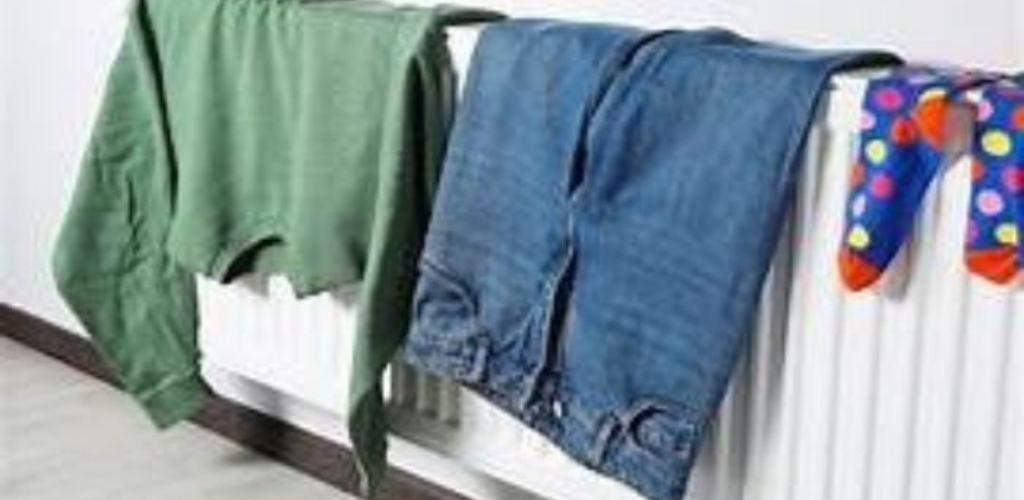Why should you avoid drying clothes on the radiator?
With the arrival of winter, the use of heating becomes essential. But many people make a very common mistake that can double their energy bill when using the heater. Explanation!
Did you know that certain actions that may seem trivial to you can actually lead to excessive energy consumption and increase your heating costs? That’s why it is necessary to be aware of these mistakes and avoid them.
How to bleed the radiator and prepare it for winter?
Many people do not know how to use this device correctly. It is therefore not surprising that they end up with an excessive energy bill. To avoid throwing your money away, you must pay special attention to your radiator and maintain it properly. Indeed, there are certain procedures to follow each year before restarting your heating.
Bleeding a radiator: how to do it?
Is your radiator cold or does it only heat at the bottom after restarting? This may be a sign that it needs to be bled. Indeed, after months of inactivity, it is very likely that there is air trapped inside it. Here are the steps to solve this problem:
After identifying the radiator to bleed, turn it off and wait for it to cool completely.
Locate the bleed valve (usually located in the upper corner of the radiator) and place a basin underneath to catch any water that escapes, following the evacuation of the air.
Using a bleed key, open the screw and let the air out.
If you hear a hissing sound, the air has been released and you can now close the valve.
Although bleeding your radiator can control its energy consumption, there is one mistake to banish when using it.
Why should you avoid drying clothes on the radiator?
In addition to the problems of humidity and mold, and the resulting dangers that can affect your respiratory system, hanging wet clothes on a heater makes the heater work harder to perform its main function. In fact, hanging clothes on the radiator can hinder the diffusion of heat, forcing the appliance to consume more energy and therefore increasing your bill. In addition, some clothes are made of flammable fabrics that are very likely to catch fire when they come into contact with a heat source. Finally, the moisture released by clothing promotes mold in the home.
Solution: If you have problems with your clothes never drying in the winter and you cannot air dry them, simply buy a radiator clothes dryer.
Other radiator mistakes that lead to excessive energy consumption
Apart from the mistake of covering the radiator with clothes, there are other common habits that can add to your electricity bill and that you should urgently stop doing:
Place furniture near the radiator.
Having furniture (curtains, sofas, etc.) placed in front of or very close to a radiator is likely to prevent warm air from circulating freely around the room, leading to an increase in the energy consumed. To prevent this from happening and to avoid damaging certain pieces of furniture (leather or other material), you should keep them away from the heater.
Set the heater to too high temperatures
The key to reducing energy consumption is to never set the heater to a very high temperature. In fact, in addition to making rooms uncomfortably hot, increasing the temperature of the radiator leads to significant energy costs.
As you will have understood, the mistakes that can cause your radiator to consume more energy and double the amount of your bills are numerous and quite widespread. However, to avoid wasting your money, it is absolutely necessary that you change your habits.
😊 only polite members will say thank you 😊 The rest in the first comment
